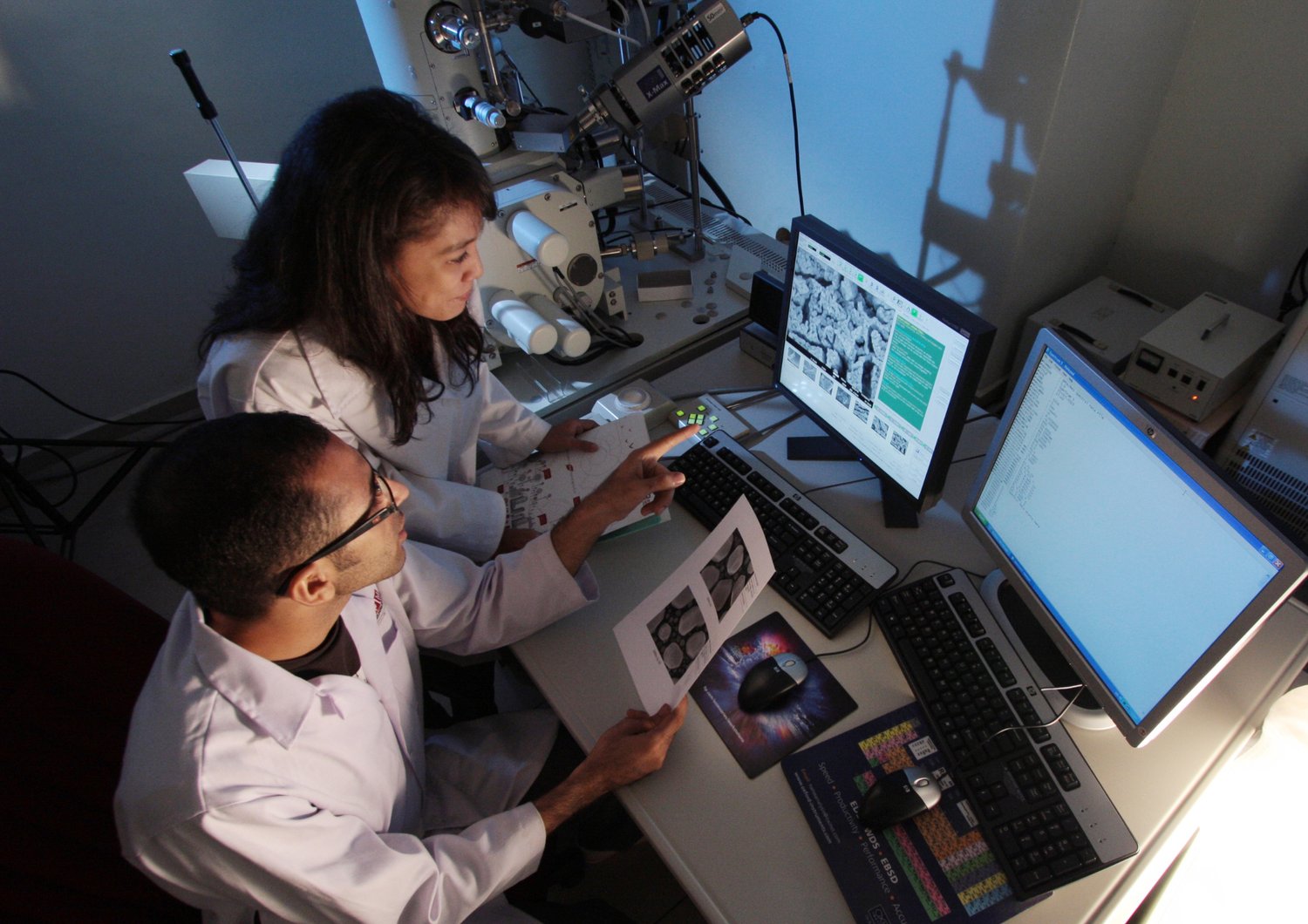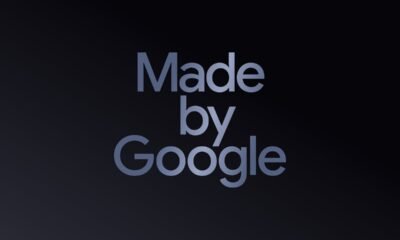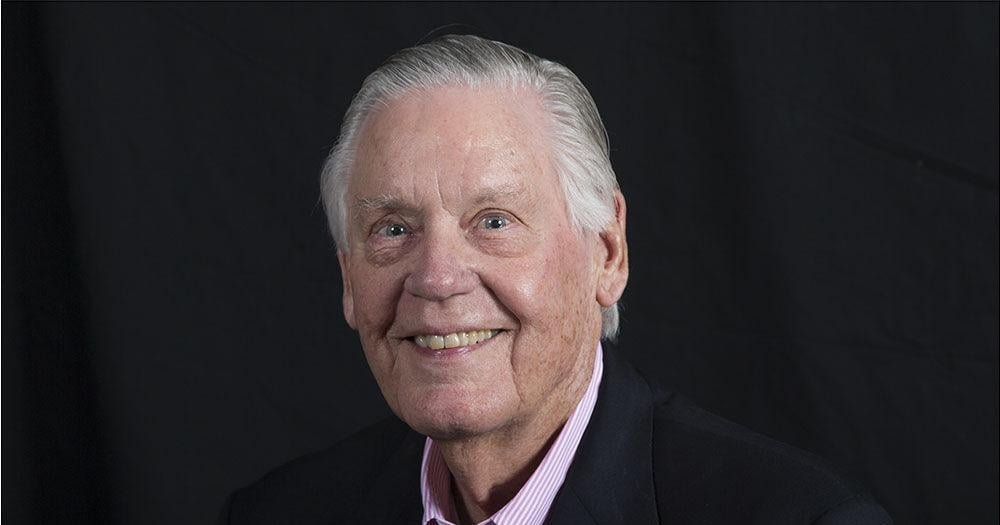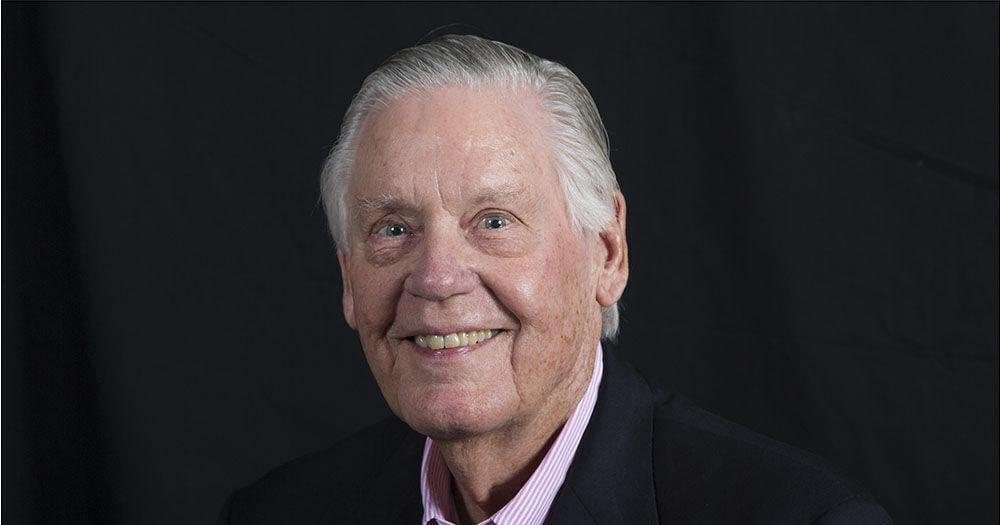AI Research
How Do You Get Your Brand to Show Up in AI Search Answers?

Search data firm Semrush predicts that AI engine queries will exceed traditional Google search queries some time in 2028. That has professional services CMOs and business development heads actively scrambling to ensure their firms earn a seat at the AI table.
Google searches still currently dominate AI searches by an enormous margin, with search data firm Semrush reporting Google got about 14 billion searches per day in 2024, while ChatGPT only got about 37 million “search-like” daily queries.
But the early warning signals of a sea change are there:
- Searches on Apple’s Safari browser fell for the first time ever.
- Survey results show user trust of Google search is dropping and being replaced by AI and social media.
- Young people are using AI at rates more than double that of older demographics, pointing to accelerating trouble ahead for traditional search engine marketing.
The rapid improvement in the performance of AI platforms like ChatGPT, Claude, and related platforms like Perplexity are wreaking havoc with the way buyers find resources. Search behavior and AI engine query behavior differ—AI generally gets longer, more detailed queries than a Google search box and responds with fewer, more specialized answers or recommendations than Google’s multiple pages of search results.
Showing up as one of those answers on the AI platform, or having your firm’s work cited and used as the basis for an answer, becomes key. The rising term for the art of improving the visibility and performance of a company on AI platforms is Generative Engine Optimization, or GEO.
AI Research
Spotlab.ai hiring AI research scientist for multimodal diagnostics and global health

In a LinkedIn post, Miguel Luengo-Oroz, co-founder and CEO of Spotlab.ai, confirmed the company is hiring an Artificial Intelligence Research Scientist. The role is aimed at early career researchers, postdoctoral candidates, and recent PhD graduates in AI.
Luengo-Oroz writes: “Are you a young independent researcher, postdoc, just finished your PhD (or on the way there) in AI and wondering what’s next? If you’re curious, ready to tackle tough scientific and technical challenges, and want to build AI for something that matters, this might be for you.”
Spotlab.ai targets diagnostics role with new hire
The position will focus on building and deploying multimodal AI solutions for diagnostics and biopharma research. Applications include blood cancers and neglected tropical diseases.
The scientist will be expected to organize and prepare biomedical datasets, train and test AI models, and deploy algorithms in real-world conditions. The job description highlights interaction with medical specialists and product managers, as well as drafting technical documentation. Scientific publications are a priority, with the candidate expected to contribute across the research cycle from experiment planning to peer review.
Spotlab.ai is looking for candidates with experience in areas such as biomedical image processing, computer vision, NLP, video processing, and large language models. Proficiency in Python and deep learning frameworks including TensorFlow, Keras, and PyTorch is required, with GPU programming experience considered an advantage.
Company positions itself in global health AI
Spotlab.ai develops multimodal AI for diagnostics and biopharma research, with projects addressing gaps in hematology, infectious diseases, and neglected tropical diseases. The Madrid-based startup team combines developers, engineers, doctors, and business managers, with an emphasis on gender parity and collaboration across disciplines.
CEO highlights global mission
Alongside the job listing, Luengo-Oroz underscored the company’s broader mission. A former Chief Data Scientist at the United Nations, he has worked on technology strategies in areas ranging from food security to epidemics and conflict prevention. He is also the inventor of MalariaSpot.org, a collective intelligence videogame for malaria diagnosis.
Luengo-Oroz writes: “Take the driver’s seat of our train (not just a minion) at key stages of the journey, designing AI systems and doing science at Champions League level from Madrid.”
AI Research
YARBROUGH: A semi-intelligent look at artificial intelligence – Rockdale Citizen
AI Research
YARBROUGH: A semi-intelligent look at artificial intelligence – Henry Herald
-

 Business2 weeks ago
Business2 weeks agoThe Guardian view on Trump and the Fed: independence is no substitute for accountability | Editorial
-
Tools & Platforms4 weeks ago
Building Trust in Military AI Starts with Opening the Black Box – War on the Rocks
-

 Ethics & Policy1 month ago
Ethics & Policy1 month agoSDAIA Supports Saudi Arabia’s Leadership in Shaping Global AI Ethics, Policy, and Research – وكالة الأنباء السعودية
-

 Events & Conferences4 months ago
Events & Conferences4 months agoJourney to 1000 models: Scaling Instagram’s recommendation system
-

 Jobs & Careers2 months ago
Jobs & Careers2 months agoMumbai-based Perplexity Alternative Has 60k+ Users Without Funding
-

 Podcasts & Talks2 months ago
Podcasts & Talks2 months agoHappy 4th of July! 🎆 Made with Veo 3 in Gemini
-

 Education2 months ago
Education2 months agoMacron says UK and France have duty to tackle illegal migration ‘with humanity, solidarity and firmness’ – UK politics live | Politics
-

 Education2 months ago
Education2 months agoVEX Robotics launches AI-powered classroom robotics system
-

 Funding & Business2 months ago
Funding & Business2 months agoKayak and Expedia race to build AI travel agents that turn social posts into itineraries
-

 Podcasts & Talks2 months ago
Podcasts & Talks2 months agoOpenAI 🤝 @teamganassi





















